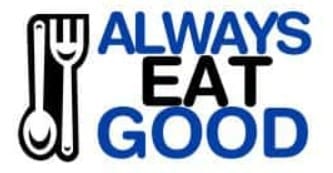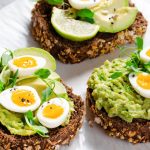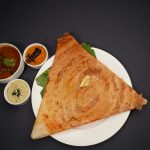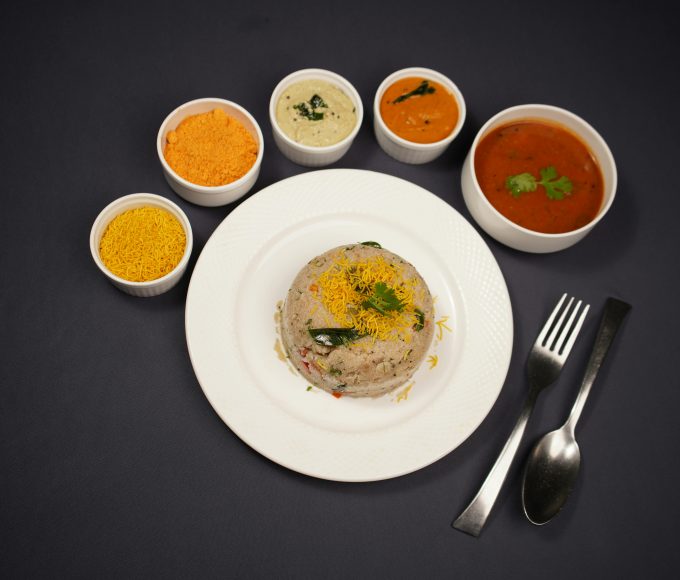Eating disorders are not just about food—they’re about control, identity, and the garbage rules society tries to sell you about what’s “healthy.”
And in 2025, those rules are everywhere: in “wellness” TikToks, gym influencer meal plans, and even brands that claim to be body positive while pushing calorie-restricting products.
The Problem No One Wants to Admit
Most conversations about eating disorders focus on extremes—hospital cases, shocking before-and-afters—but the truth is, the middle ground is where they grow.
The “healthy lifestyle” that’s really just chronic under-eating. The “clean eating” obsession that demonizes entire food groups. The 10,000-step counters that make rest feel like failure.
This gray zone is dangerous because it hides behind praise. Lose weight? You’re “disciplined.” Skip meals for work? You’re “busy and focused.” That feedback loop makes recovery harder—because the problem gets celebrated.
How It Hooks You
-
Numbers over nutrition – Calories and macros become morality tests instead of tools.
-
Fear marketing – “Bad” foods, “cheat” meals, “detox” weeks. It’s all coded guilt.
-
False health claims – From juice cleanses to keto gummies, diet culture dresses up disordered patterns in shiny packaging.
Even food blogs and recipe sites can unknowingly reinforce these patterns if they only celebrate meals that are low-calorie, low-carb, or “guilt-free.”
The Food Truth
Your body needs carbs. Your body needs fat. Your body needs to eat at night if it’s hungry, even if the internet says “no eating after 8 PM.” A diet that’s so strict you can’t have dinner with friends without spiraling? That’s not health—that’s a problem.
Eating should be about nourishment and joy, not fear and math. Yes, nutrient balance matters, but so does living a life that isn’t ruled by the next weigh-in or “What I Eat in a Day” video.
What to Watch Out For
-
Any plan that cuts out whole food groups without medical need.
-
Fitness influencers selling supplements as the key to “discipline.”
-
“Before and after” culture—because it values bodies over people.
And if you’re reading this thinking “I’m not sick enough to have an eating disorder,” you might be exactly the person who needs to take a second look.
Eating disorders thrive in the quiet. They hide behind health trends, good intentions, and social praise. They make you believe restriction is strength and hunger is weakness.
The reality? Your body is built to eat, to enjoy food, and to function on more than protein shakes and guilt. Break the loop. Eat the damn meal.
Read more – Why Fiber is Essential for Healthy Digestion









